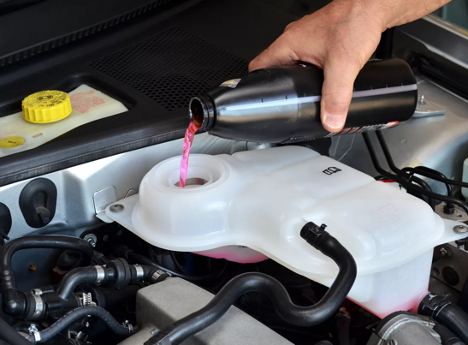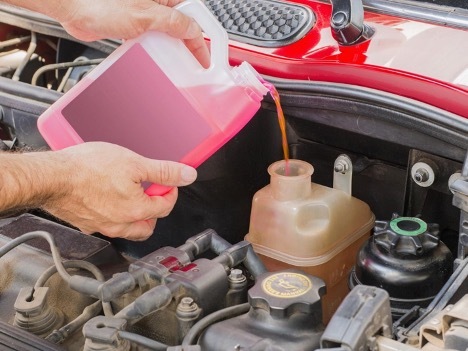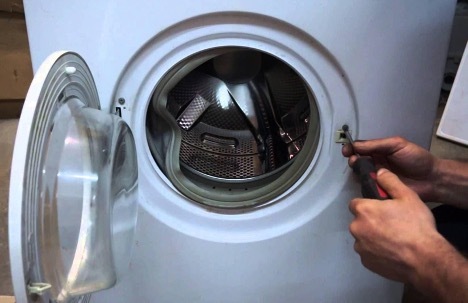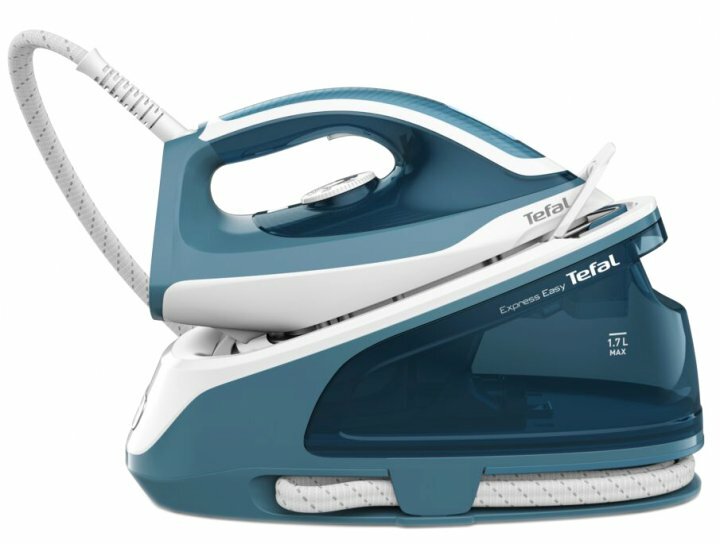Heating systems require the use of efficient and safe coolants. Antifreeze concentrate acts as an optimal solution, especially in winter conditions. However, it is important to know how to properly dilute this product to ensure maximum effectiveness and safety.

Main types of antifreeze and their characteristics:
- Ethylene glycol - widely used, but toxic and requires special handling.
- Propylene glycol is less toxic and is often used in heating systems of residential buildings.
Propylene glycol is most often added to the heating system because it has good thermophysical properties and is relatively environmentally friendly.
The content of the article
- How to dilute antifreeze concentrate?
- How to dilute antifreeze concentrate: table and recommendations
- Is it possible to dilute the coolant with water?
- How to dilute coolant concentrate
How to dilute antifreeze concentrate?
Diluting antifreeze concentrate is a procedure that requires special attention and precision, since it affects key characteristics of the heating system, including heat transfer, anti-corrosion properties and level of protection against freezing. Depending on the type of antifreeze and the requirements of the system, different types of liquids can be used for dilution.
List of liquids for diluting antifreeze concentrate:
- Distilled water. Often used for diluting antifreeze, it has a high degree of purity.
- Demineralized water. Effective in preventing deposits and corrosion.
- Specialized solutions. Sometimes used in industrial heating systems to provide additional protection against corrosion and freezing.
However, it is not recommended to use ordinary tap water due to the high risk of deposit formation and activation of corrosion processes. It may contain minerals and impurities that adversely affect the performance of the system and may shorten its service life. Thus, choosing a suitable liquid for diluting antifreeze concentrate is not only a technical, but also a financial issue that affects the overall economic efficiency of the heating system.
How to dilute antifreeze concentrate: table and recommendations
Choosing the correct proportions when diluting antifreeze concentrate is a critical step in ensuring reliable and efficient operation of the heating system. Different types of antifreeze require specific dilution proportions, and this has a direct impact on the thermal characteristics and anti-corrosion properties of the coolant. The following sections provide tables and recommendations to help you properly dilute the concentrate, optimize system performance, and minimize risks.
Ethylene glycol dilution table with water:
- 40% ethylene glycol + 60% water = -15°C;
- 50% ethylene glycol + 50% water = -25°C.
How to dilute propylene glycol for heating:
- 35% propylene glycol + 65% water = -10°C;
- 50% propylene glycol + 50% water = -20°C.
Using the table allows you to determine the optimal proportions so that the system functions effectively under given temperature conditions.

Is it possible to dilute the coolant with water?
The question of whether it is possible to dilute the coolant with water is the subject of lively debate among specialists in the field of heating systems. Formally speaking, this is acceptable, especially in emergency situations when immediate replenishment of the coolant level in the system is required. However, this solution has its drawbacks and risks.
The main problem is that water has lower anti-corrosion and anti-freeze characteristics compared to specialized antifreezes. In addition, water can contribute to the formation of deposits on the internal walls of the system, which can subsequently lead to reduced operating efficiency and increased wear on system components.
It should also be taken into account that diluting the coolant with water changes its thermal properties, which can lead to ineffective functioning of the heating system during the cold season. For these reasons, the use of water to dilute the coolant is recommended only as a temporary solution, after which it is necessary to replace the diluted coolant with a high-quality one as soon as possible antifreeze.
How to dilute coolant concentrate
The process of diluting coolant concentrate is similar to how to dilute antifreeze concentrate. It is also important to consider proportions and temperature conditions to ensure efficient operation of the system.
In conclusion, proper antifreeze dilution is a key aspect for the efficient and safe operation of your heating system. By following the recommendations and tables, you can significantly extend the service life of the system and reduce the risk of emergency situations.


